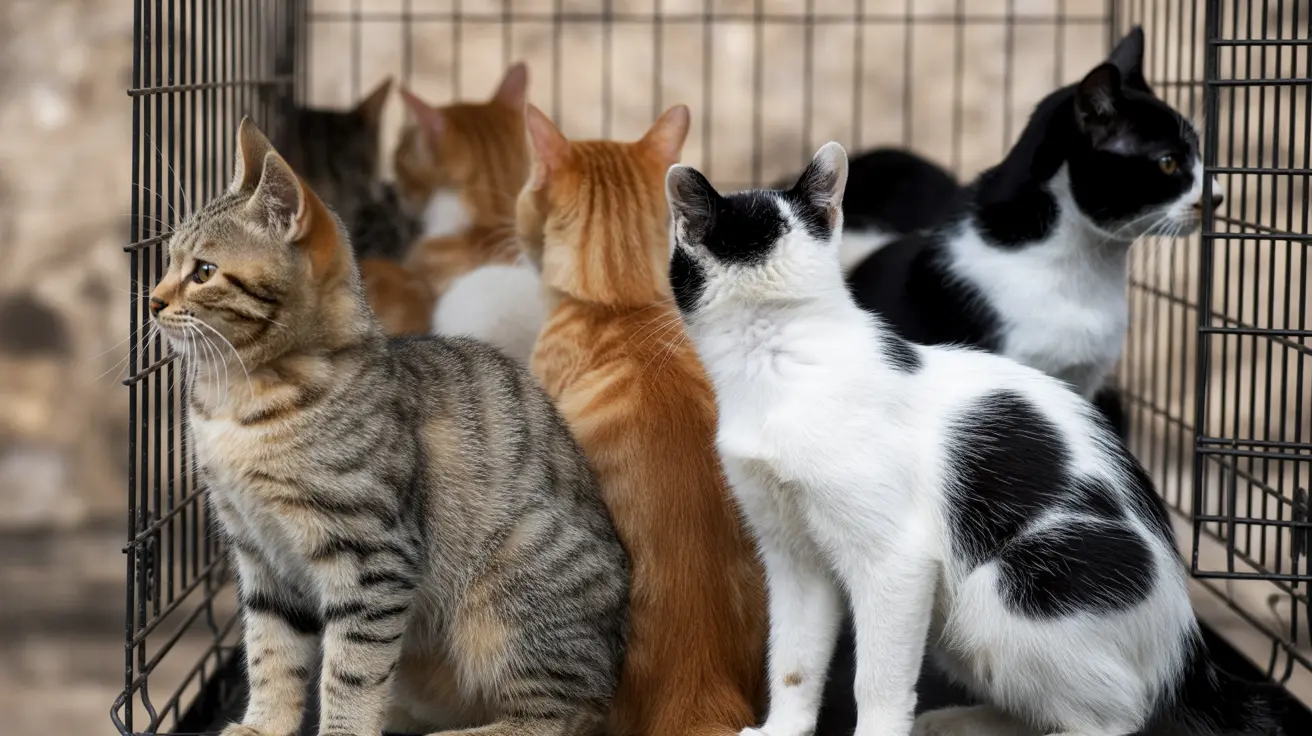Understanding the Downsides and Benefits of Neutering a Cat
Neutering your cat is a significant decision that can impact both the life of your pet and the broader community. While spaying and neutering are typically associated with a wide array of benefits, it's valid for pet owners to question whether there are any disadvantages. This article explores both the advantages and potential, though limited, downsides of neutering a cat.
What Is Neutering?
Neutering refers to the surgical removal of a male cat’s testicles, while spaying is the equivalent procedure for females, involving removal of the ovaries and often the uterus. These procedures are carried out under general anesthesia and are typically done by a licensed veterinarian.
Primary Benefits of Neutering
- Population Control: Helps reduce the number of homeless or shelter-bound animals.
- Health Benefits: Decreases or eliminates the risk of testicular cancer in males and reduces prostate problems.
- Behavioral Improvements: Less aggression, reduced roaming, and decreased urine marking in males.
- Public Health: Lessens the chances of disease transmission and injuries from fights.
- Economic Savings: Avoids costly litters and potential care for unplanned kittens or injuries from mating behaviors.
Are There Downsides?
Although neutering is widely considered safe and beneficial, it is important to consider the small potential downsides:
- Weight Gain: Neutered cats may require fewer calories due to reduced roaming and mating activity. Without portion control and exercise, they can become overweight. However, this issue is manageable with proper care.
- Behavioral Residuals: If neutering is delayed, some cats may continue to show mating behaviors, such as spraying or aggression. Early neutering significantly lowers these behaviors.
- Orthopedic Concerns: A few studies suggest that very early neutering may slightly increase the risk of orthopedic issues in male cats. This risk is considered low and should be weighed against the benefits.
Impact on Personality and Lifestyle
One common concern is whether neutering changes a cat’s fundamental personality. Owners can rest easy: neutering does not alter a cat’s core temperament. Your feline friend will remain just as loving, playful, and interactive as prior to surgery. The only significant behavioral changes are the reduction in unwanted or risky behaviors associated with reproduction.
Recovery and Postoperative Care
The procedures are routine and recovery is usually quick. Male cats bounce back within a couple of days, while females may need a bit more supervised care.
- Monitoring the surgical site: Prevent your cat from licking or scratching the wound.
- Restricted activity: Limit jumping or rough play during recovery to avoid stress on the incision.
- Use of an e-collar: An Elizabethan collar may be necessary to stop interference with healing.
Ideal Timing for Neutering
Veterinarians often recommend neutering before sexual maturity, around 4 to 6 months of age. This timing aligns with the cat’s completed vaccination schedule, helping ensure optimal health before surgery. Many vets are comfortable neutering kittens as young as eight weeks, provided they are healthy and meet weight requirements.
Medical Precautions
Before surgery, veterinarians may recommend preoperative screenings, such as blood and biochemistry tests, to ensure your cat is healthy enough for anesthesia. Fully vaccinated cats have a lower risk of postoperative complications and disease transmission.
Financial Considerations
Neutering costs are comparatively low, especially when balanced against the financial burden of raising a litter, emergency medical care for injuries from fights or escapes, or costs associated with managing behaviors like spraying.
Community and Shelter Impact
Reducing the stray cat population not only decreases the number of animals euthanized annually for want of homes, it also contributes to broader public health and safety. Overpopulation can lead to increased cases of zoonotic disease, property damage, and traffic accidents involving stray cats.
Veterinary and Organizational Support
Veterinarians, animal welfare organizations, and public health officials overwhelmingly recommend spaying and neutering as responsible pet ownership practices. These procedures enhance the overall quality of life for pets and reduce the burden on animal shelters.
Conclusion
While there are a few minor and manageable downsides to neutering a cat, the overall benefits for health, behavior, and community welfare make the procedure highly advisable. With the guidance of a licensed veterinarian and attentive care, neutering your cat can lead to a longer, safer, and happier life—for your pet and for countless others.





